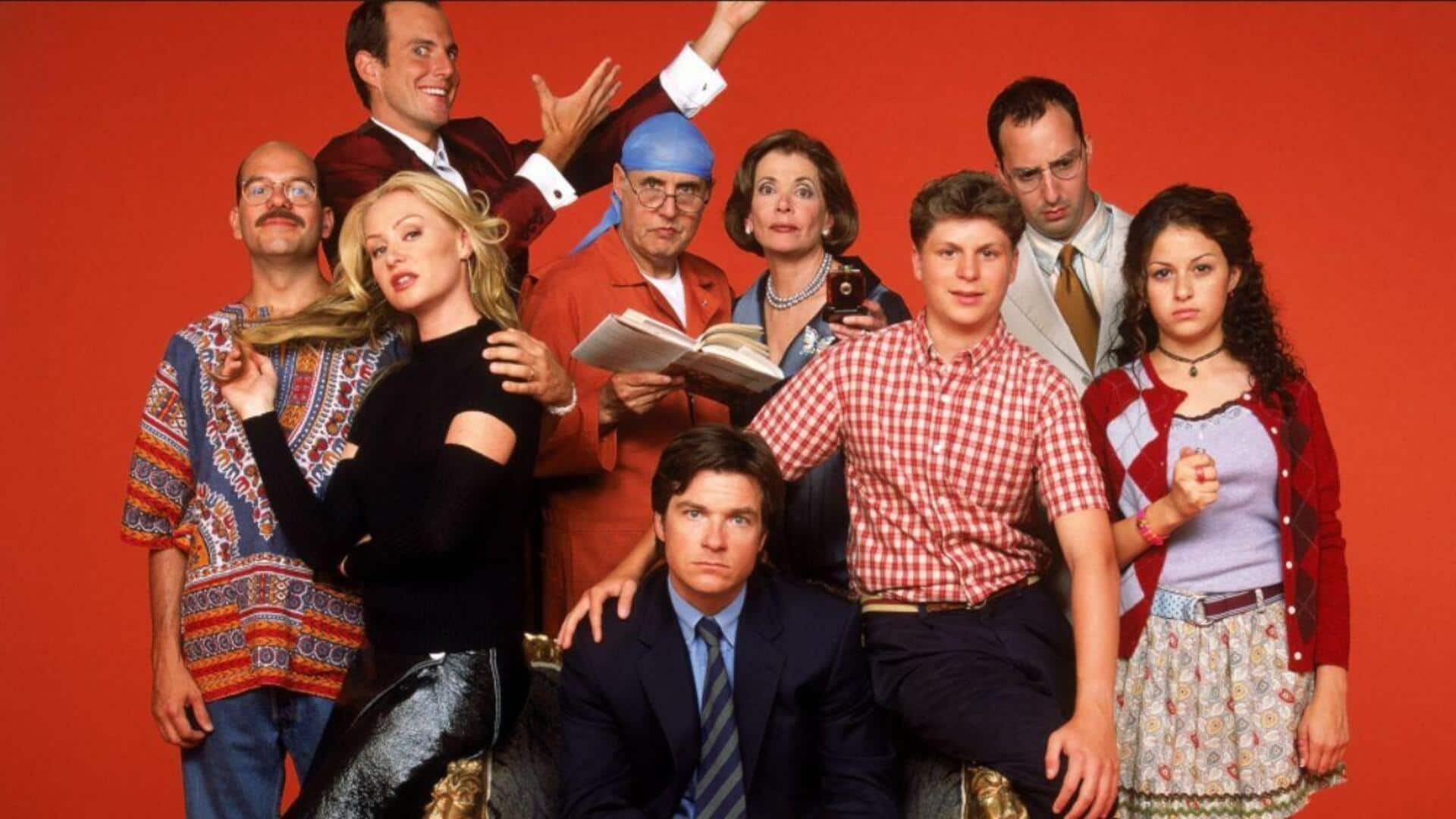
'Arrested Development' shows the chaos of family life
What's the story
Arrested Development is one of the most witty TV shows out there and is a satire on the American family. However, what the show does best is utilize humor to address a range of things that go on in a family, mostly taking them to the next level. It shows how families deal with each other, talk to one another, and fall apart. Here are five times Arrested Development brilliantly satirized American family dynamics.
#1
Dysfunctional family meetings
In Arrested Development, family meetings are a chaotic affair where nothing gets solved. These scenes showcase how families can be littered with poor communication and understanding. Rather than a healthy discussion, these meetings turn into shouting matches or comical misunderstandings. This highlights how some families fail to communicate well, leaving issues unresolved and conflicts ongoing.
#2
Financial mismanagement satire
The Bluth family's financial woes are a recurring theme in the show. Their constant mismanagement of money serves as a satire on how some families handle finances irresponsibly. From questionable investments to lavish spending without consideration for consequences, the show humorously critiques the lack of financial literacy that can lead to familial stress and tension.
#3
Parental favoritism exposed
Parental favoritism is another dynamic explored in Arrested Development. The Bluth parents often show evident favoritism toward some kids over others, giving rise to sibling rivalry and resentment. This aspect of the show highlights how favoritism can affect relationships within a family, leaving long-term emotional scars on both favored and unfavored kids.
#4
Sibling rivalry amplified
Sibling rivalry is taken to the next level in Arrested Development, but it does go on to show how competition between siblings can get ridiculous. The characters are constantly found squabbling or plotting against each other, mirroring the real-life dynamic of siblings taken up a notch. This highlights how rivalry can ruin relationships if not channeled positively.
#5
Generational gaps highlighted
The generational divide between characters is also something the series satirizes. The older members of the Bluth family often fail to understand or relate to younger generations, resulting in humorous yet telling interactions. This gap illustrates the common misunderstandings between age groups within families and how difficult it is to bridge these differences through mutual respect and open dialogue.